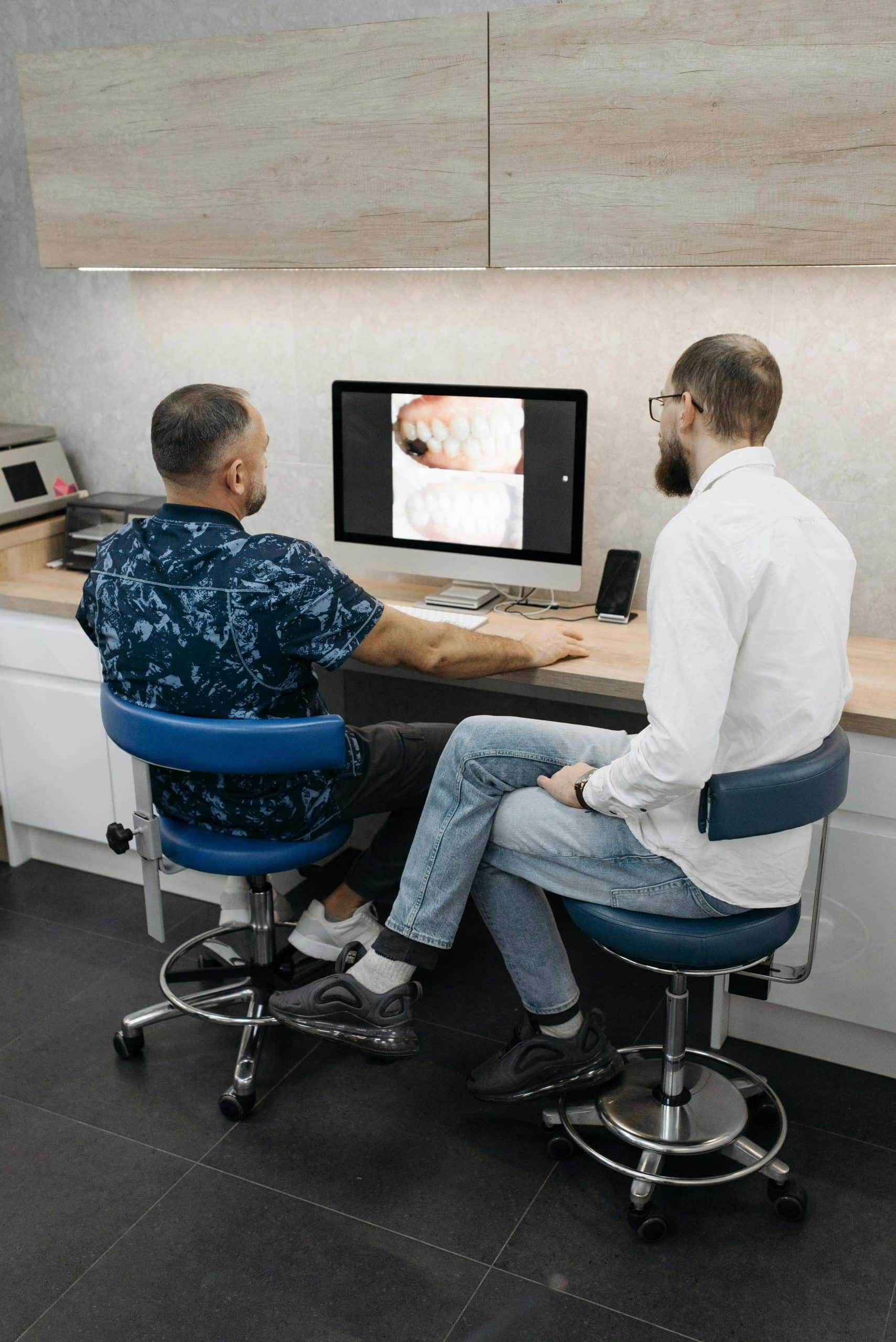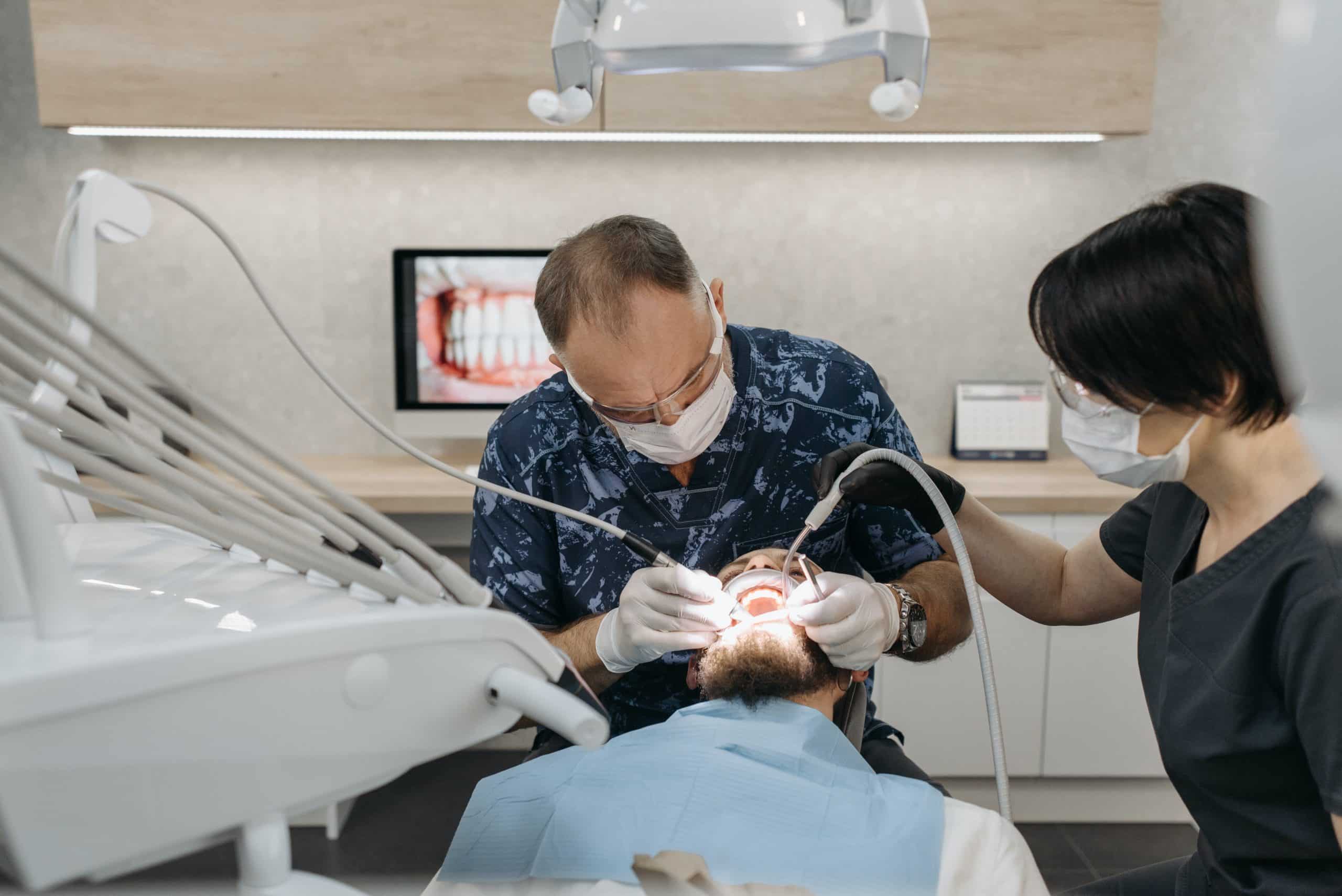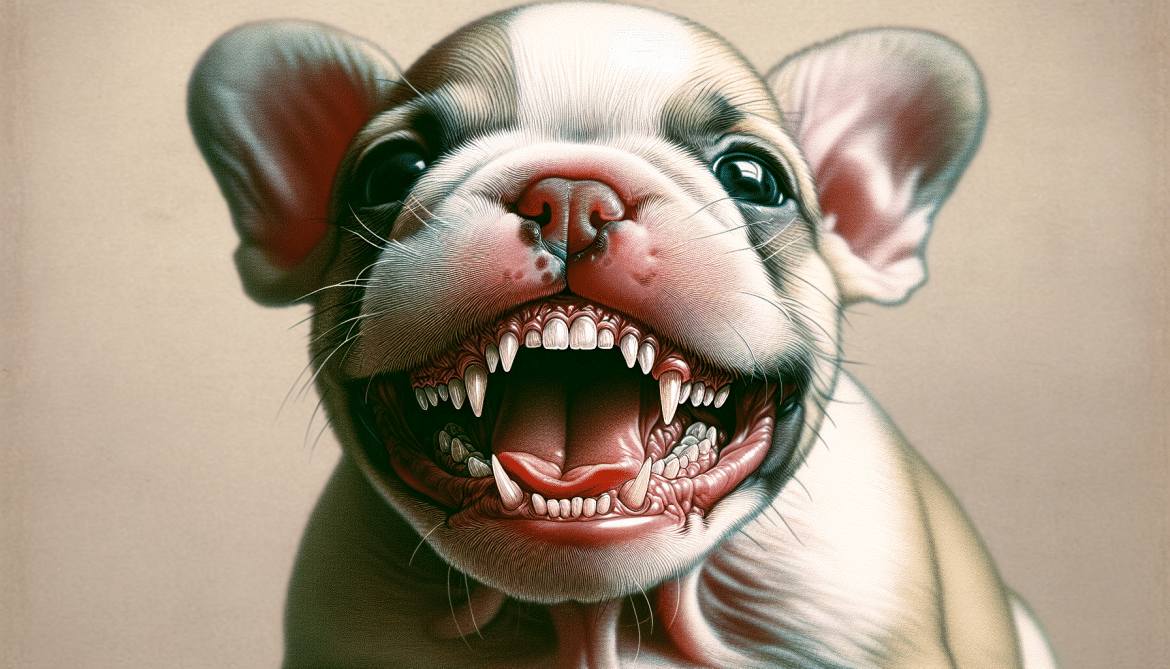Are you the proud owner of a French Bulldog and curious about when your furry friend's teething phase will come to an end? Look no further! In this article, we will provide you with a comprehensive teething timeline specifically for French Bulldogs, so you can better understand this developmental process and know what to expect. From those first cute little puppy teeth to the day when all the adult teeth have settled in, we've got you covered. Get ready to say goodbye to those chewing woes as we guide you through the teething journey of your beloved French Bulldog.

This image is property of images.pexels.com.
1. Introduction
Teething can be a challenging time for both French Bulldogs and their owners. As your furry friend grows and develops, their baby teeth will start to fall out, making way for their adult teeth. Understanding the teething timeline for French Bulldogs is essential for ensuring that you provide the right care and support during this period. In this comprehensive article, we will explore the teething process in French Bulldogs, the stages of teething, how to manage teething, potential complications, and answer some frequently asked questions. So, let's jump in and discover when the teething journey will stop for your French Bulldog.
2. Teething Process in French Bulldogs
2.1 What is teething?
Teething is a natural biological process in which a puppy's baby teeth are replaced by permanent adult teeth. During this time, French Bulldogs experience discomfort and soreness in their mouth, leading to various symptoms and behaviors.
2.2 When does teething start in French Bulldogs?
Teething in French Bulldogs typically begins around 3 to 4 months of age. This is when their baby teeth, also known as deciduous teeth, start to loosen and fall out. However, it's important to note that the exact timing can vary from dog to dog.
2.3 How long does the teething process last?
The teething process in French Bulldogs usually lasts for several months, with most dogs completing it around 6 to 8 months of age. However, individual variations are common, and some French Bulldogs may finish teething earlier or take a bit longer.
2.4 Symptoms of teething in French Bulldogs
During the teething process, French Bulldogs may exhibit various symptoms, including:
- Increased chewing behavior
- Gum swelling and redness
- Drooling and excessive salivation
- Loss of appetite or reluctance to eat
- Irritability or mood changes
- Bleeding or spotting in the mouth
- Pawing at the mouth or face
- Bad breath
If you notice these symptoms in your French Bulldog, it's a good indication that they are going through the teething process.
3. Stages of Teething in French Bulldogs
3.1 Stage 1: Primary Teeth
The first stage of teething in French Bulldogs involves the eruption of their primary teeth or baby teeth. These teeth, also called deciduous teeth, begin to emerge when a puppy is around 3 to 4 weeks old. By the time they are 6 to 8 weeks old, most French Bulldogs will have a complete set of 28 deciduous teeth. These primary teeth play a crucial role in the early development of a puppy's jaw and help facilitate proper chewing and eating.
3.2 Stage 2: Permanent Teeth
Once French Bulldogs reach around 3 to 4 months of age, their permanent teeth will start to come in. The eruption of permanent teeth marks the second stage of the teething process. The baby teeth gradually loosen and fall out, making room for the adult teeth to take their place.
The permanent teeth consist of 42 teeth: incisors, canines, premolars, and molars. The process of permanent tooth eruption continues until the French Bulldog is around 6 to 8 months old, by which time they should have a complete set of adult teeth.
4. Managing Teething in French Bulldogs
Teething can be a challenging time for both French Bulldogs and their owners. However, with a few strategies and proper care, you can help alleviate your furry friend's discomfort and minimize any potential complications that may arise.
4.1 Providing appropriate chew toys
One of the most effective ways to manage teething in French Bulldogs is to provide them with appropriate chew toys. Look for toys specifically designed for teething puppies, preferably made of durable materials that can withstand their chewing. Chew toys not only help alleviate discomfort but also provide mental stimulation and prevent them from chewing on inappropriate objects.
4.2 Cold objects for soothing
Cold objects can provide soothing relief to your French Bulldog's sore gums during the teething process. Consider offering them chilled rubber toys, or even a clean, damp washcloth that has been chilled in the refrigerator. The cold temperature can help numb their gums, reducing inflammation and providing temporary relief.
4.3 Using dental gels and sprays
Dental gels and sprays formulated for teething puppies can be beneficial in relieving discomfort. These products typically contain ingredients that provide a cooling sensation and may even have mild numbing properties. Always consult with your veterinarian before using any dental gels or sprays to ensure they are safe and appropriate for your French Bulldog.
4.4 Regular dental care
Maintaining good dental hygiene for your French Bulldog is crucial, both during the teething process and throughout their life. Brushing their teeth regularly using a dog-specific toothbrush and toothpaste is the gold standard for dental care. Start introducing toothbrushing early so that your French Bulldog becomes comfortable with the process. Additionally, providing appropriate dental chews and treats can help promote good oral health.
4.5 Consulting a veterinarian
If you have concerns or notice any severe symptoms during your French Bulldog's teething process, it's wise to consult a veterinarian. They can provide guidance, recommend appropriate pain relief options, and address any dental issues that may arise.

This image is property of images.pexels.com.
5. Potential Complications of Teething
While teething is a natural process, it can sometimes lead to complications if not properly managed. Here are some potential complications to be aware of:
5.1 Puppies biting and nipping
During the teething process, French Bulldogs may experience increased discomfort, leading them to bite or nip as a way to relieve it. It's essential to discourage this behavior early on and provide them with appropriate chew toys and alternatives.
5.2 Chewing on inappropriate objects
Teething puppies have an innate urge to chew, and if they don't have appropriate chew toys available, they may resort to chewing on furniture, shoes, or other household items. Ensuring a variety of safe and engaging chew toys can help prevent destructive chewing behaviors.
5.3 Dental issues due to improper care
Neglecting proper dental care during the teething process can lead to long-term dental issues. Poor oral hygiene can result in plaque buildup, gum disease, tooth decay, and even tooth loss. Establishing good dental care habits early on can prevent these issues from occurring.
5.4 Teething-related discomfort
Teething can be uncomfortable for your French Bulldog, and if not properly managed, it can lead to a grumpy or irritable mood. Providing the appropriate care, such as offering cold objects or using dental gels, can help alleviate their discomfort and keep them happy during this stage.
6. Transition to Adult Teeth
As your French Bulldog progresses through the teething process, you will notice their baby teeth gradually falling out. This natural process occurs as the adult teeth push the baby teeth out of place. It's crucial not to force or attempt to accelerate this process by pulling out baby teeth yourself. Allow nature to take its course, and the baby teeth will fall out on their own.
Once your French Bulldog has a complete set of adult teeth, it's important to continue providing regular dental care and maintaining good oral hygiene. Regular dental check-ups and cleanings are also essential in ensuring your French Bulldog's long-term oral health.

This image is property of images.pexels.com.
7. Frequently Asked Questions (FAQs)
7.1 When should I start brushing my French Bulldog's teeth?
It's best to start introducing toothbrushing as early as possible. Ideally, you should start brushing your French Bulldog's teeth when they are still a puppy, even before they start teething. This helps them become accustomed to the process and builds a foundation for good dental care habits.
7.2 Is it normal for French Bulldogs to lose appetite during teething?
Yes, it is normal for French Bulldogs to experience a temporary decrease in appetite during the teething process. The soreness and discomfort in their mouths can make eating unpleasant. However, if the loss of appetite persists or your French Bulldog refuses food entirely, it's important to consult a veterinarian to rule out any underlying health issues.
7.3 Can teething cause behavior changes in French Bulldogs?
Teething can cause mild behavior changes in French Bulldogs due to the discomfort they experience. They may become grumpy, restless, or more prone to chewing and biting. Providing appropriate care and alternatives can help manage these behavior changes effectively.
7.4 How can I help my French Bulldog with teething pain?
You can help alleviate your French Bulldog's teething pain by providing appropriate chew toys, offering cold objects for soothing, using dental gels and sprays as directed by your veterinarian, and maintaining good dental care habits.
7.5 When should I consult a veterinarian?
If you have any concerns about your French Bulldog's teething process or notice severe symptoms such as excessive bleeding, refusal to eat for an extended period, or persistent discomfort, it is advisable to consult a veterinarian. They will be able to assess your French Bulldog's condition and provide appropriate guidance and treatment if necessary.
8. Conclusion
Teething can be a challenging phase for both French Bulldogs and their owners, but with the right knowledge and care, it can be a manageable process. Understanding the teething timeline, recognizing the symptoms, and implementing effective management strategies are key to ensuring your French Bulldog's comfort and oral health during this time. By providing appropriate chew toys, offering cold objects for soothing, practicing regular dental care, and seeking guidance from a veterinarian when needed, you can help your French Bulldog navigate the teething process smoothly. Remember, patience and love go a long way in supporting your furry friend as they transition to their shiny new adult teeth.


